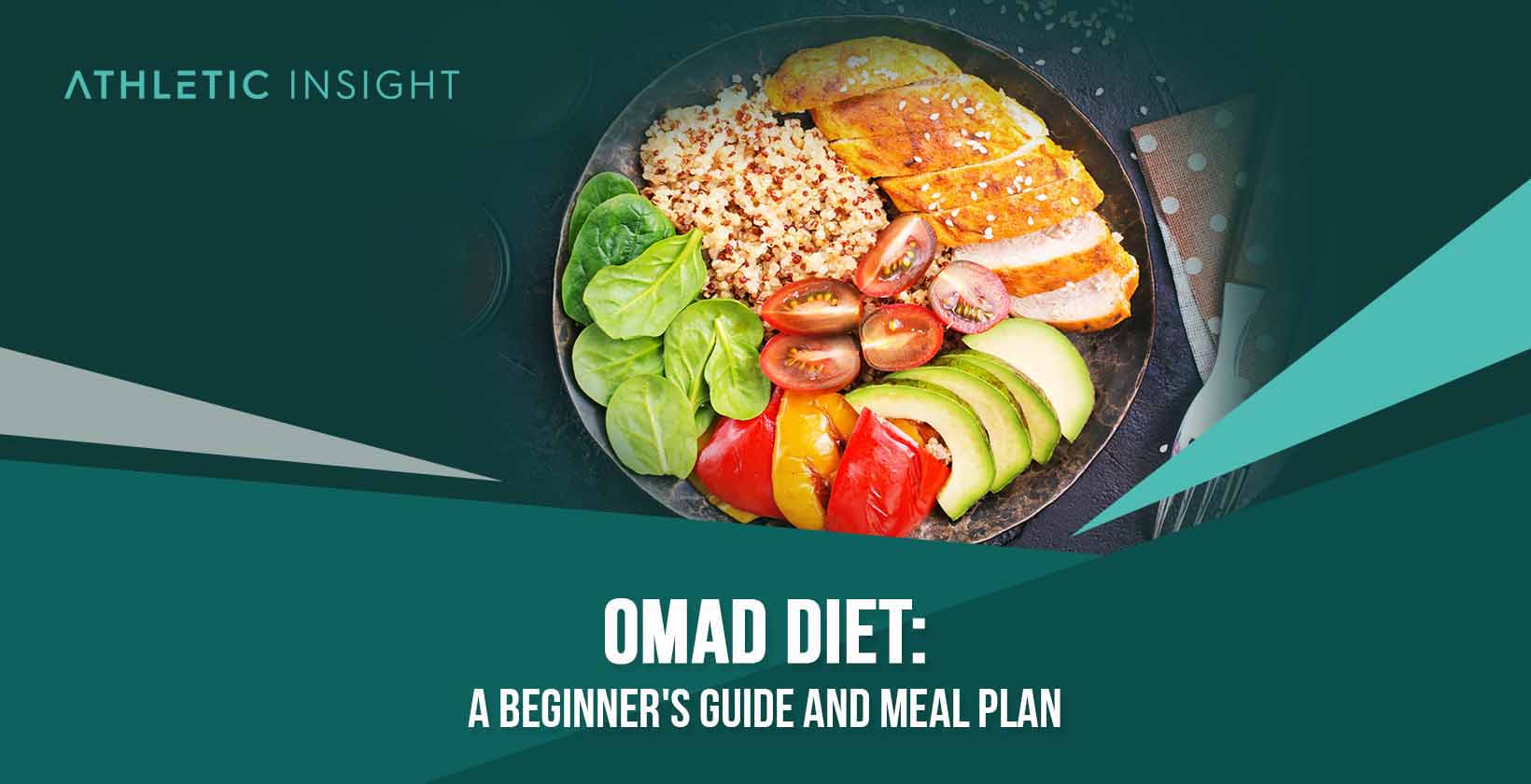

The one-meal-a-day (OMAD) diet is an intermittent fasting plan that aims to target the body’s fat stores during the fasting period. The OMAD diet has an individual eating one meal a day, consuming all necessary calories during one big meal, and fasting during the other hours of the day and night.

Best Supplements
Best Rated Supplements
NSF Certified & Tested
Supports Overall Health
Get 25% OFF, Forever!
*Fill out the contact form for your special discount.
The importance of OMAD diet is changing how the body uses fat, carbohydrates, and protein. Intermittent fasting changes the body to use ketogenesis, which converts protein and fat into energy (instead of carbs).
The benefits of using the OMAD diet are that it can help people who are extremely overweight lose weight and fat in a short time period. In addition, the OMAD diet can help boost productivity, lessen reliance on food, and allow the body to burn more fat stores.
A person can begin the OMAD diet by slowly eating healthier over time. Once they have cut out all processed foods and excess sugars, they can start to eat one meal per day. The person should focus on eating whole foods, ample protein, and healthy fats during their one meal per day in the one-hour window.
Other popular variations of the OMAD diet in today’s culture include Ketomad (ketogenic meal that is high in fat, moderate in protein, and low in carbohydrates), Carbomad (one meal a day with varying carbohydrate levels), and Zeromad (one meal per day that is very high in protein).

Over 1 Million 5-star Reviews
Access 3000+ Free Workouts
High Quality Manufacturing
Money Back Guatantee
The OMAD diet is when a person only eats one meal daily within one hour. A person following the diet must consume all their required OMAD diet calories daily within that one meal. This is also considering a time restricted diet.

The body’s initial reaction to the OMAD diet is extreme hunger and potential tiredness. Since most people are used to eating at least three meals per day, with some people eating snacks in between meals, eating only once daily will challenge the body to use energy stores throughout the day.
The body may respond negatively at the beginning of the OMAD diet, with some people experiencing extreme hunger, weakness, low energy, and trouble focusing. However, people who continue using the OMAD diet will eventually become used to the once-a-day eating schedule. Studies have shown that people who fast for 18-20 hours per day can help with managing stress, controlling glucose levels, and lowering diabetes risks.
Eating only once daily helps boost productivity, facilitate weight loss, burn body fat, and eat (almost) whatever you want with very few nutritional restrictions. The optimal time to schedule an OMAD diet meal is usually in the middle of the day to break up the long fasting period.
The OMAD diet encourages people to eat a high-fat diet, allowing the body to slowly transition from high levels of carbohydrates to using fat and protein as the primary energy source. The OMAD diet affects the organs, digestive hormones, and metabolism.

Over 1 Million 5-star Reviews
Access 3000+ Free Workouts
High Quality Manufacturing
Money Back Guatantee
A person following the OMAD diet should eat only once per day.
There are numerous OMAD diet side effects and benefits such as heart health, reduction of cancer risk, preventing type 2 diabetes, lowering blood pressure, decreases asthma symptoms, and promotes bone health.

There are a few key health risks to keep in mind before beginning the OMAD diet such as stroke risks, cholesterol levels, and higher insulin.